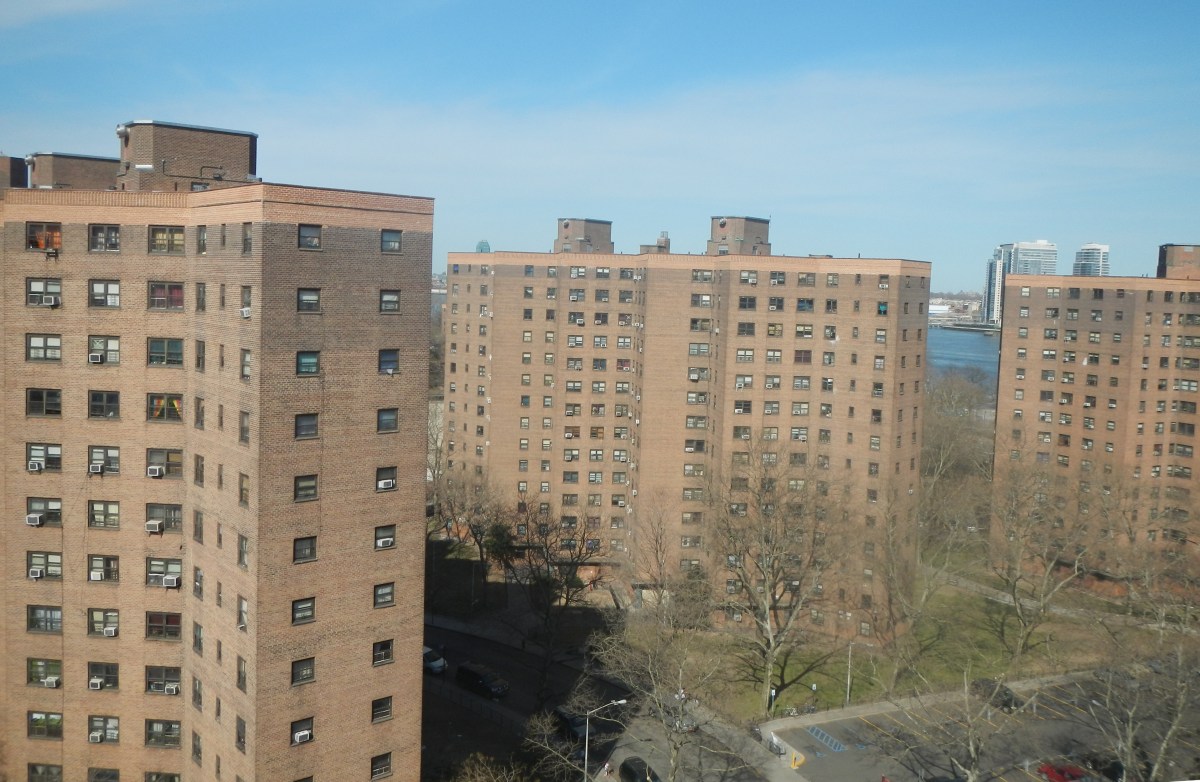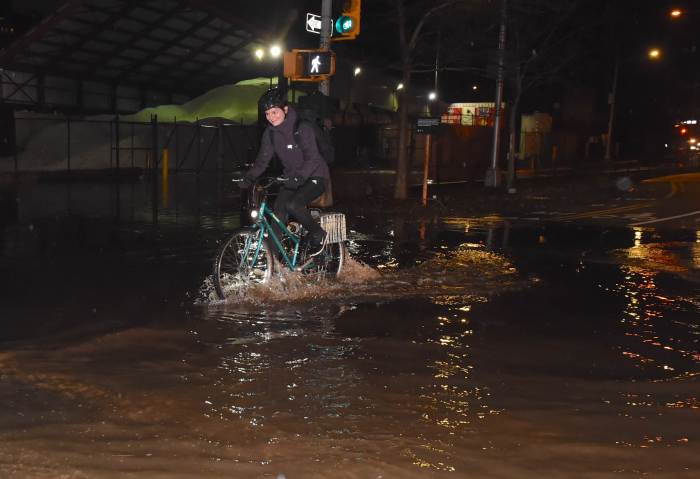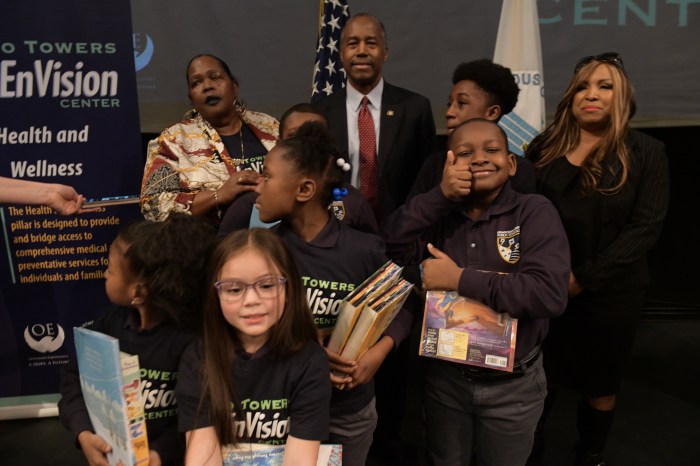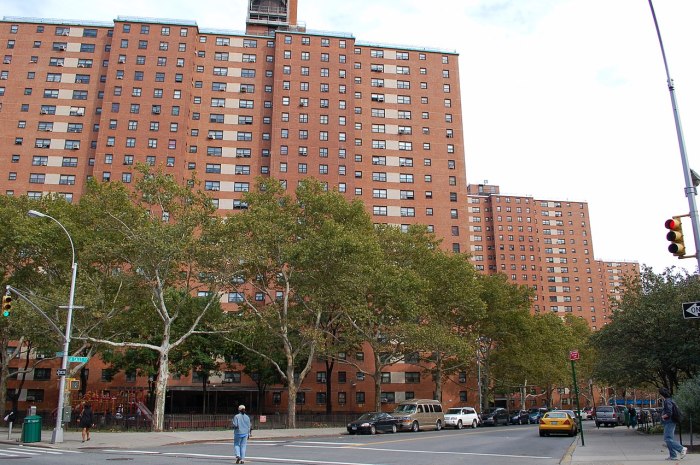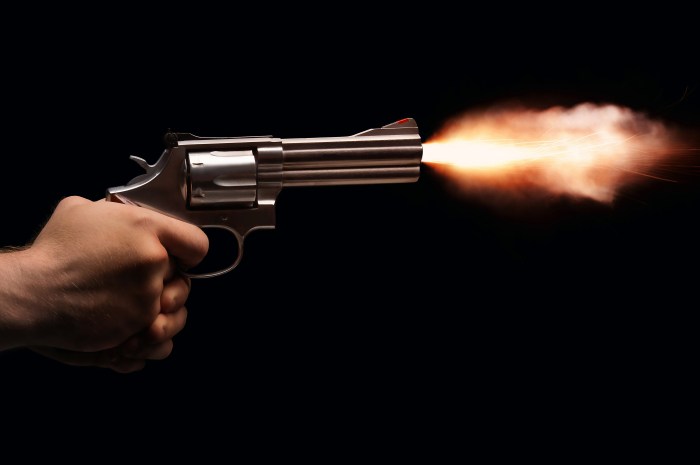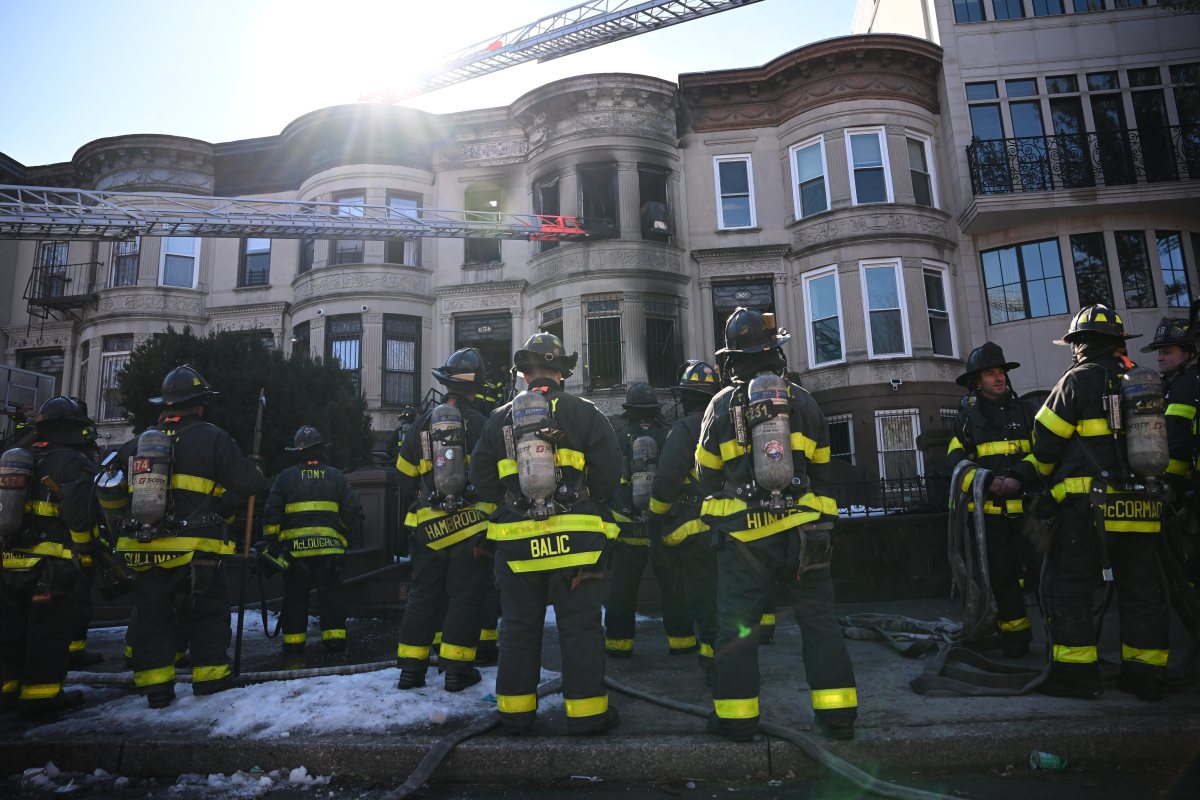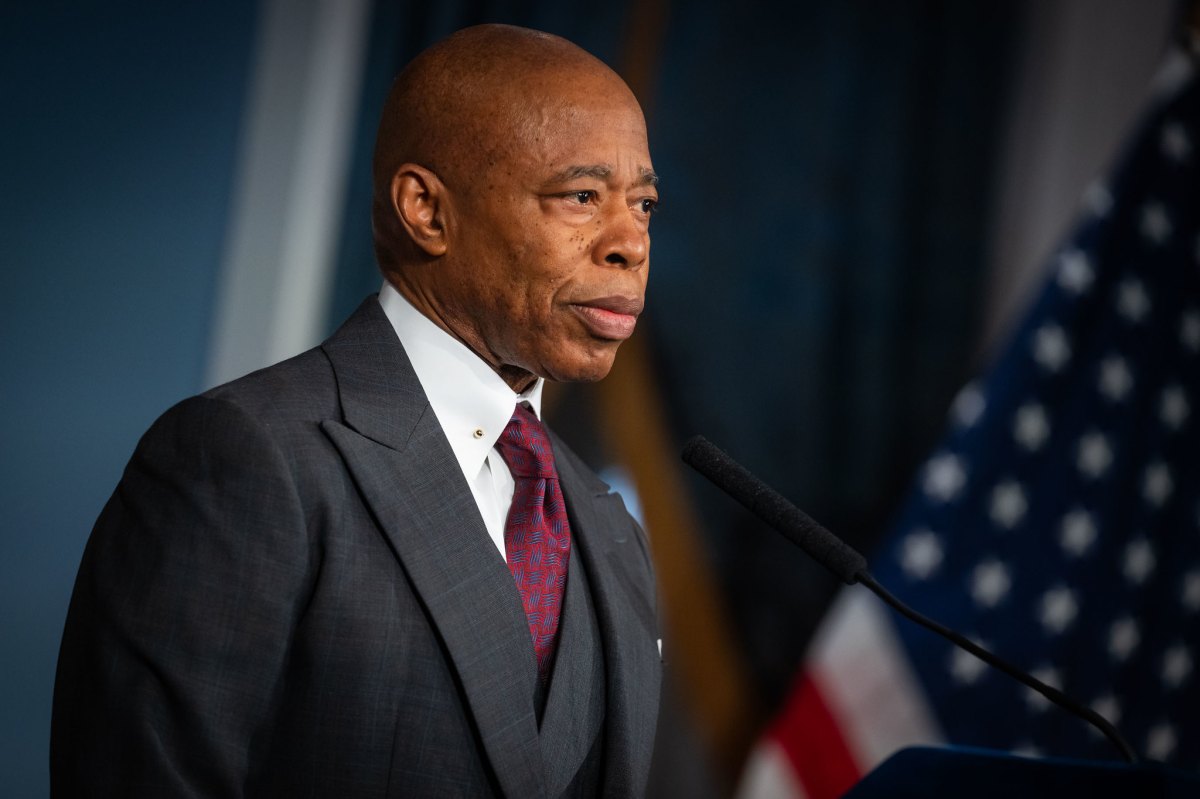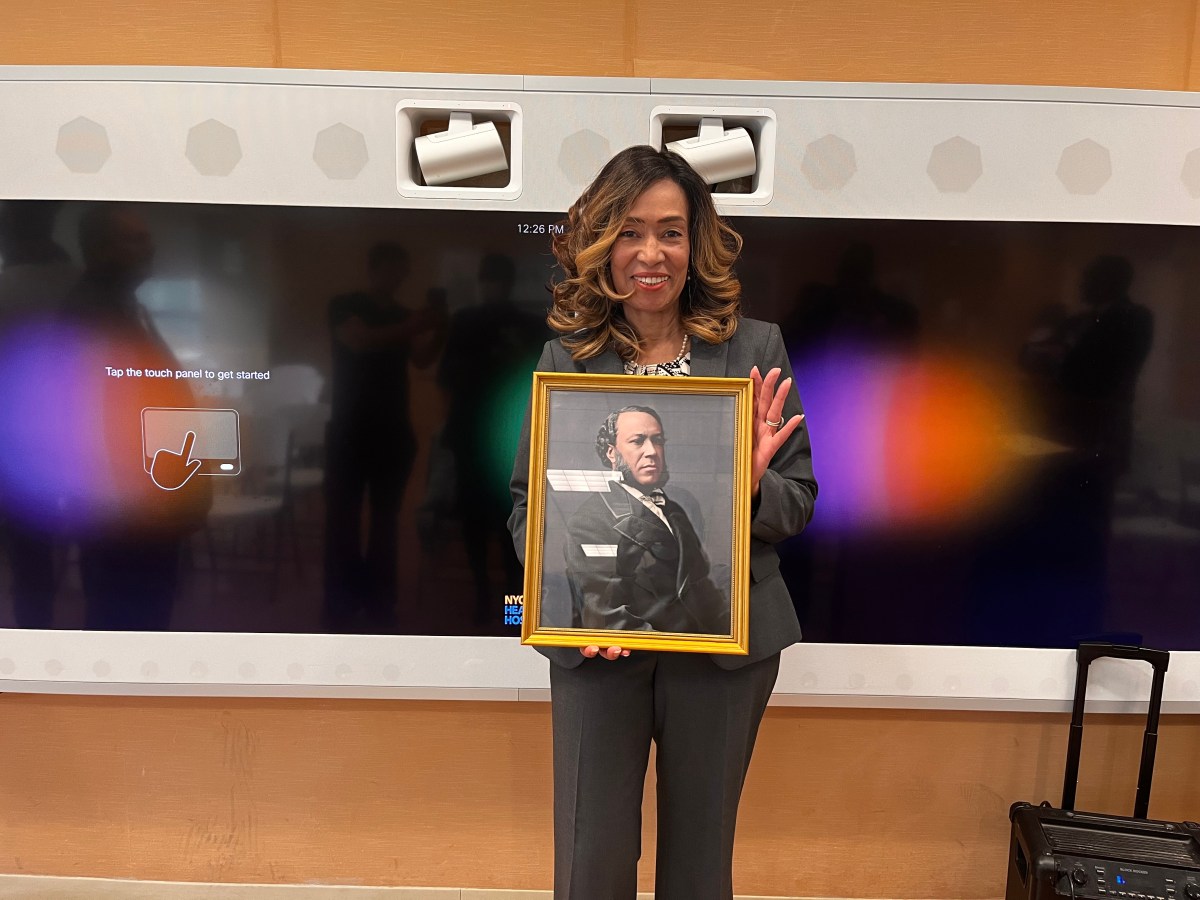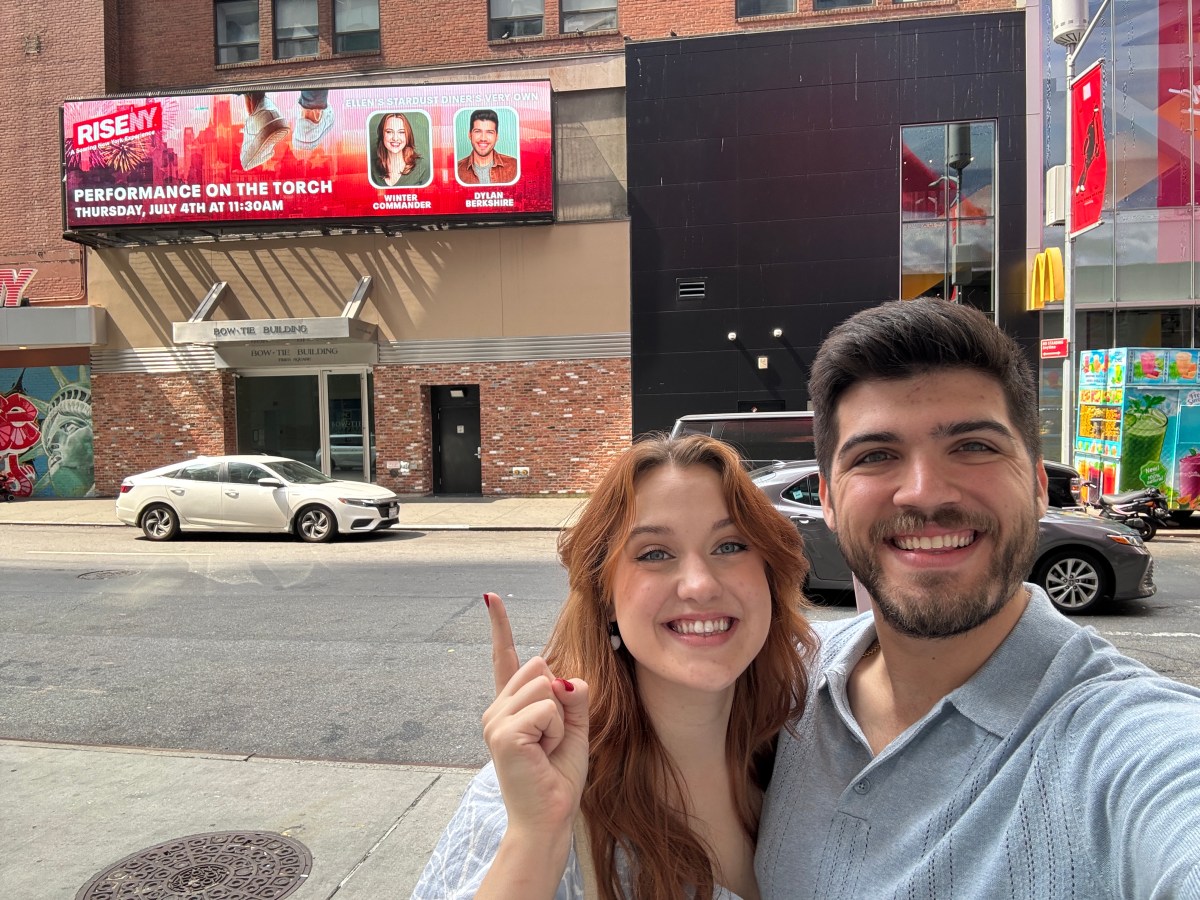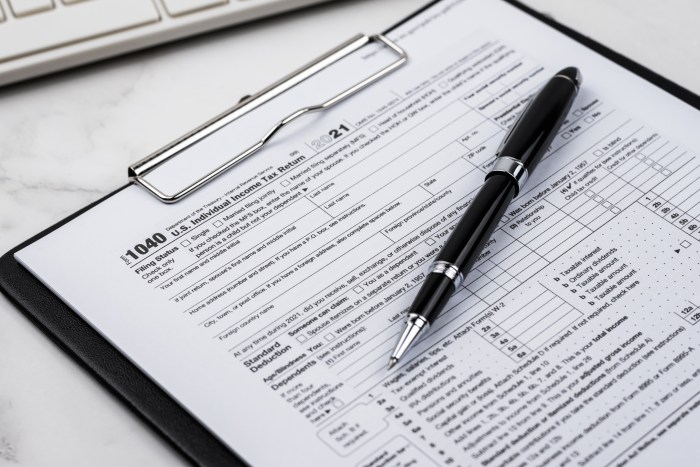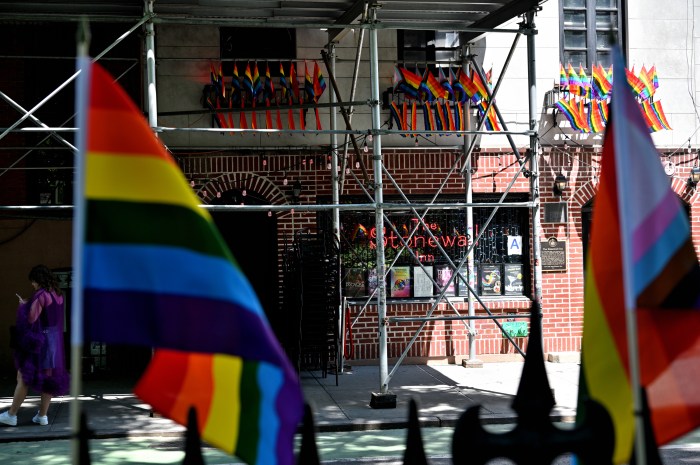City Comptroller Scott Stringer says NYCHA residents are facing a COVID-19 nightmare this winter with the expected spread of the disease paired with the usual fare in their developments: poor heating, gas service and lead paint.
With residents likely to spend the winter indoors to protect their health, they may be exposed to the elements of living conditions in decline which Stringer claimed in a Monday press conference has not been addressed with funding NYCHA already possesses but that the agency does not see a need to change their maintenance practices.
“We came to them over the summer about the boilers, we continued to ask them for an action plan and the hour grows late. We are seeing an uptick in some of the data that’s coming out of the mayor’s office and the governor’s office, but this is what we know; COVID does not hit communities equally, COVID is the great discriminator and that is why we have an urgency of now to address these issues,” Stringer said. “They know what they have to do, it’s time for them to do it.”
Stringer has audited 15 times recording varieties of poor living conditions, including one in particular issued over the summer regarding heating systems. In the audit, the comptroller claimed that the housing agency had not been keeping adequate records on boiler inventory or repair and heating complaints were long-standing before being addressed.
Between October and December of 2019, up to 134,000 NYCHA tenants filed heating related complaints, according to the comptroller.
“I want to tell you what NYCHA said. They said their current practices don’t need to be improved. They said they didn’t need to be improved and because we released the audit purposely in the summer, it didn’t seem very urgent at the time,” Stringer said.
But according to NYCHA, improvements have already been seen along the way in terms of restoring heat for tenants. Between October 2019 and May 2020, outages had decreased by 35% and in the same period NYCHA had shaved an hour off the average repair time for heat: a decrease of eight hours compare to nine in the same period of the previous year. NYCHA has also created a 24/7 Heat Desk and can deploy 70 additional technicians at any time, they said.
“NYCHA disagrees with the Comptroller’s assessment, as it entirely dismisses the improved processes, increased resources, and demonstrable improvements the Authority has made over the past two years,” a statement read.
Stringer wants NYCHA to form a plan to replace up to 10,000 roof fans that will improve the air quality and filtration as well as elevator fixes, all that would prevent a super spreader event. Stringer is demanding that the agency come up with a winter plan to prevent the spread of COVID-19 that will include providing personal protective equipment to tenants who made up one in 15 New Yorkers.
NYCHA has seen much better days since Superstorm Sandy as the decrepitude of developments spiraled out of control. In 2018, the Trump administration installed a federal monitor to oversee improvements in NYCHA developments.
But the problems persist.
Astoria Houses in Queens has been without gas service for a month while in June, NYCHA was awarded with $3.1 billion in FEMA grants and has only spent about 59% of the funds. About $300 million in community development block grants has also been given to NYCHA, of which only 79% has been spent.



